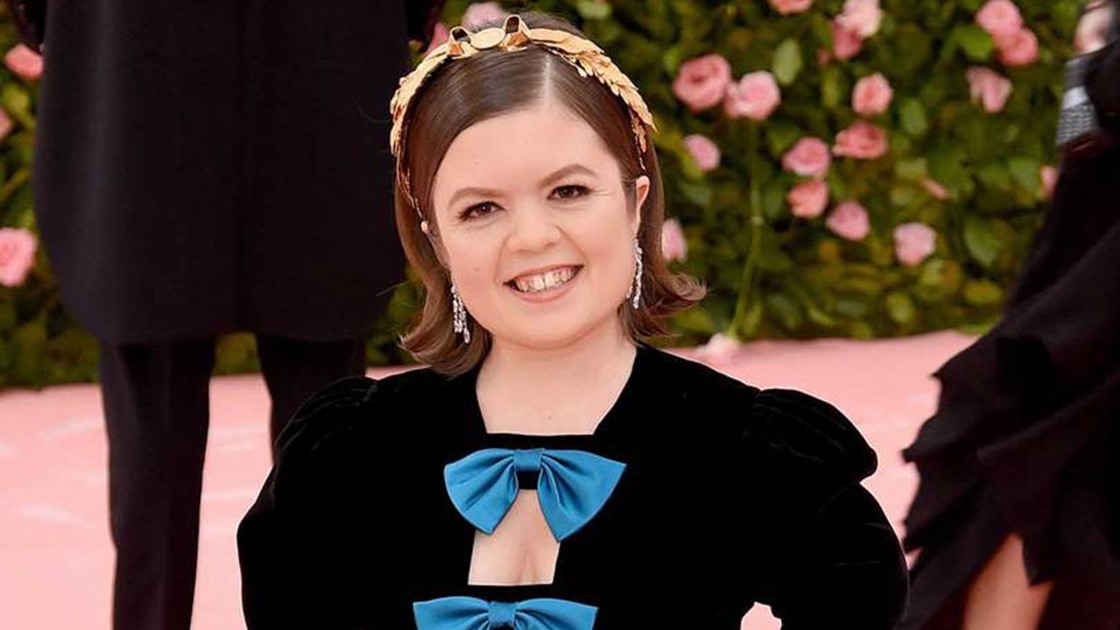Last week, I spoke with a company about the ‘Beauty of Belonging’ - I mentioned that a workplace contributes to belonging, but there are some barriers which prohibit individuals from belonging to workplaces;
Chief executive positions filled by men named ‘John’ outnumber those filled by women 4 to 1.
In New Zealand the employment rate for persons with disabilities is 22% - there are one million people with disabilities in New Zealand, this means that less than half of them are employed.
"You have to value that person, who they are and what they bring. You have to acknowledge them for more than just their presence in a space - this is belonging."
With these statistics in mind, what does it mean to ‘Belong?’ - Especially concerning those people who for whatever reason are considered “different or a minority”
I said to this company that belonging is about more than being present in a space. You cannot simply say “OK, we’ve hired a disabled person *tick the box* our job is done” or “a woman of colour is in our leadership team, time to clock out for the day.”
You have to value that person, who they are and what they bring.
You have to acknowledge them for more than just their presence in a space - this is belonging.
There are many reasons why people with disabilities are not employed, some of these reasons are systematic and historic, a lot of the time it is because of a lack of opportunity.

Recent MET Gala attendee, Sinead Burke said “Disability is articulated as a struggle, an unnecessary burden that one must overcome to the soundtrack of a string crescendo. But disabled lives are multi-faceted - brimming with personality, pride, ambition, love, empathy, and wit.”
The result of people in positions of power seeing disability as a “struggle” is that they are less likely to see us seeking employment as a normal eventuation of our existence. Instead they see it as special, something to be commended (while playing a string crescendo).
We and those who understand the multi-faceted reality of disability of course know this is not accurate, our seeking of employment is normal. But if the people in positions of power do not know this they are less likely to regularly and consistently hire us - and if we cannot get a foot in the door, we have no hope of becoming a person in a position of power who does the hiring.
"How and what am I doing to offer other people opportunities? Because this contributes to helping them find a place where they feel they belong."
Until a company hires someone with a connection to disability or a person with a disability, it is their blindspot. You cannot hire from a group of people who you do not fundamentally understand or think are akin to the “struggling”.
So it comes back to opportunity.
An essential question I ask myself every day is;
How and what am I doing to offer other people opportunities? Because this contributes to helping them find a place where they feel they belong.
I personally have been given a great deal of opportunities, most were the result of hard work, but it would be a lie to say that a few weren’t luck and privilege. So I intend to be a person who can help provide opportunities for others.
"Here’s to the future; or more likely, the nearly now - that we will make happen. Because in the words of Sinead Burke for BoF, “It no longer makes sense to cater only to the bell curve” - we should design statistics in which everyone is belonged and valued."
One of the opportunities I received that has contributed crucially to me, has been the scholarship Attitude has provided; it is what funds from William Waiirua’s DWTS reign will provide. This scholarship has personally helped me to work on my degree without financial pressures, which has given me more time and space to contribute to advocacy.
More widely speaking the continuation of the scholarship helps give people with disabilities the tools to be in industry with the necessary qualifications for ambitious employment, by providing this opportunity a greater level of representation is supported, this means that in the future less people will have blind spots when considering disability, so we can shift the needle on the narrative surrounding disability and statistics about employment.
So, thank you Attitude.
Here’s to the future; or more likely, the nearly now - that we will make happen. Because in the words of Sinead Burke for BoF, “It no longer makes sense to cater only to the bell curve” - we should design statistics in which everyone is belonged and valued.



